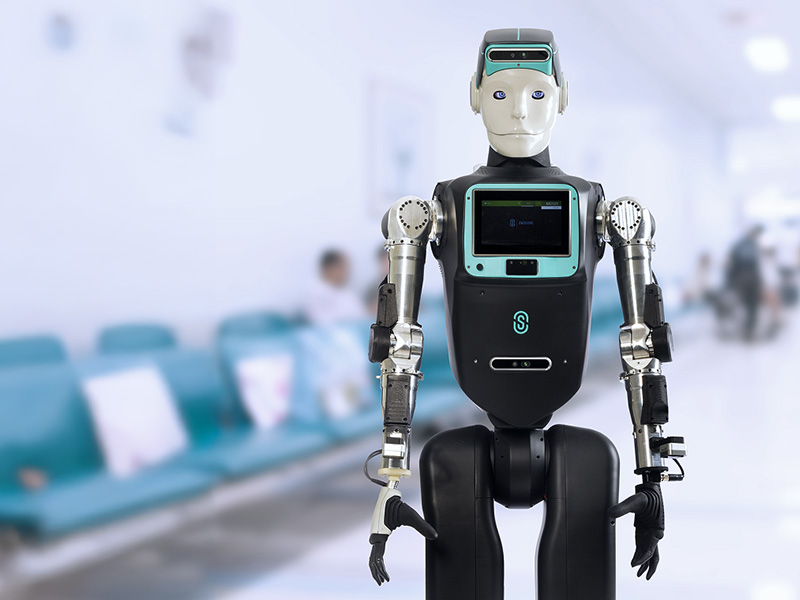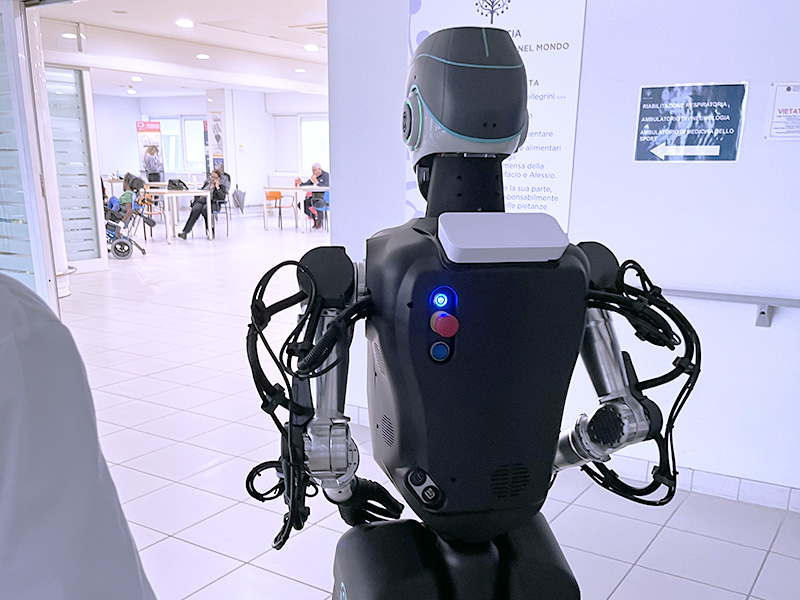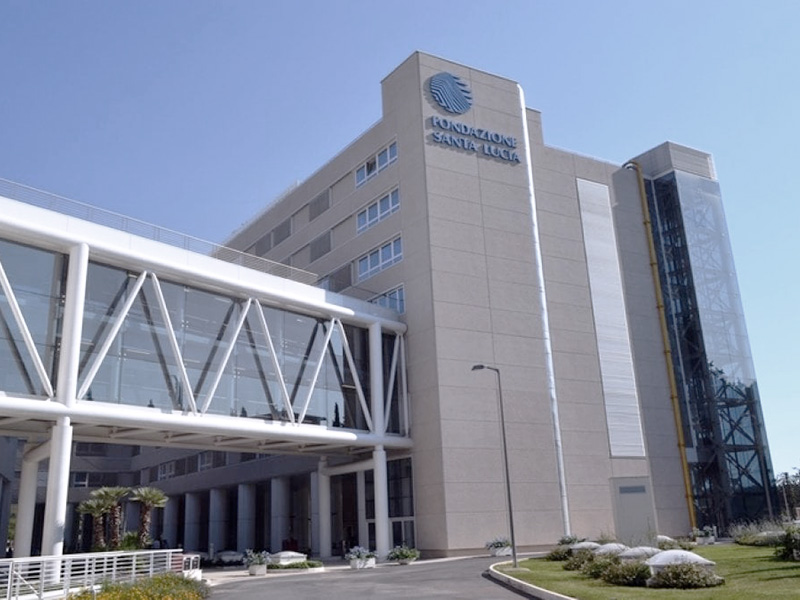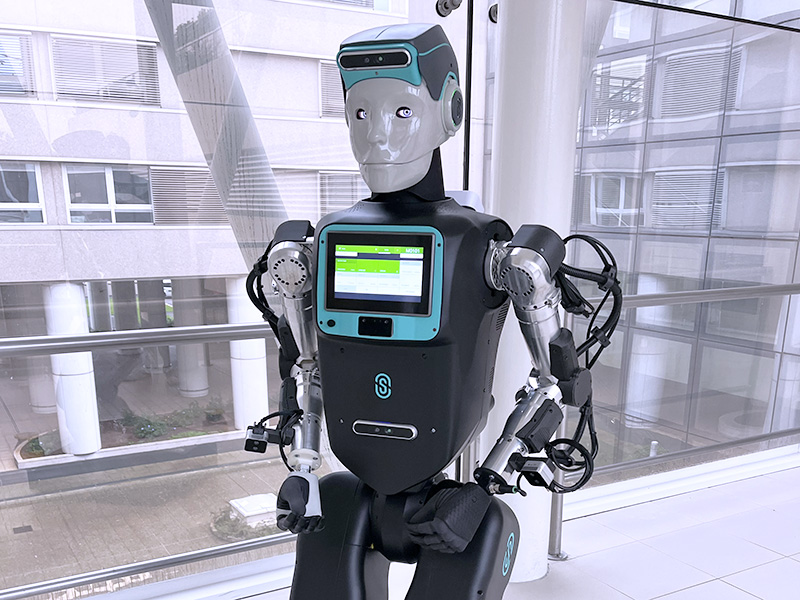A healthcare system undergoing transformation.
Healthcare today faces unprecedented pressures: staff shortages, increasing demand for patient care, and the complexity of modern clinical workflows. Professionals in hospitals, rehabilitation centers, and elderly care facilities are often overworked, leaving less time for patient engagement and specialized interventions.
RoBee M addresses these challenges by providing intelligent assistance in everyday tasks, enabling healthcare workers to dedicate their time to where it matters most: human care.
Explore RoBee M| Industry pain points |
|---|
| Shortage of skilled staff |
| Rising patient demands |
| Need for high-quality care |







